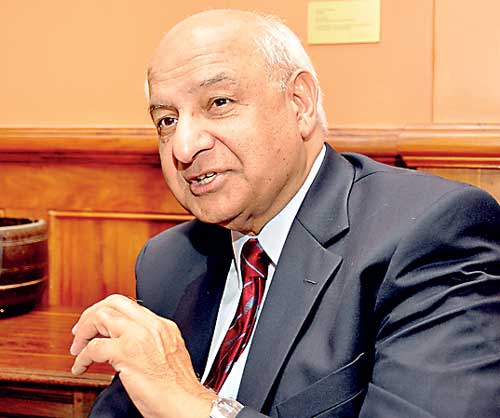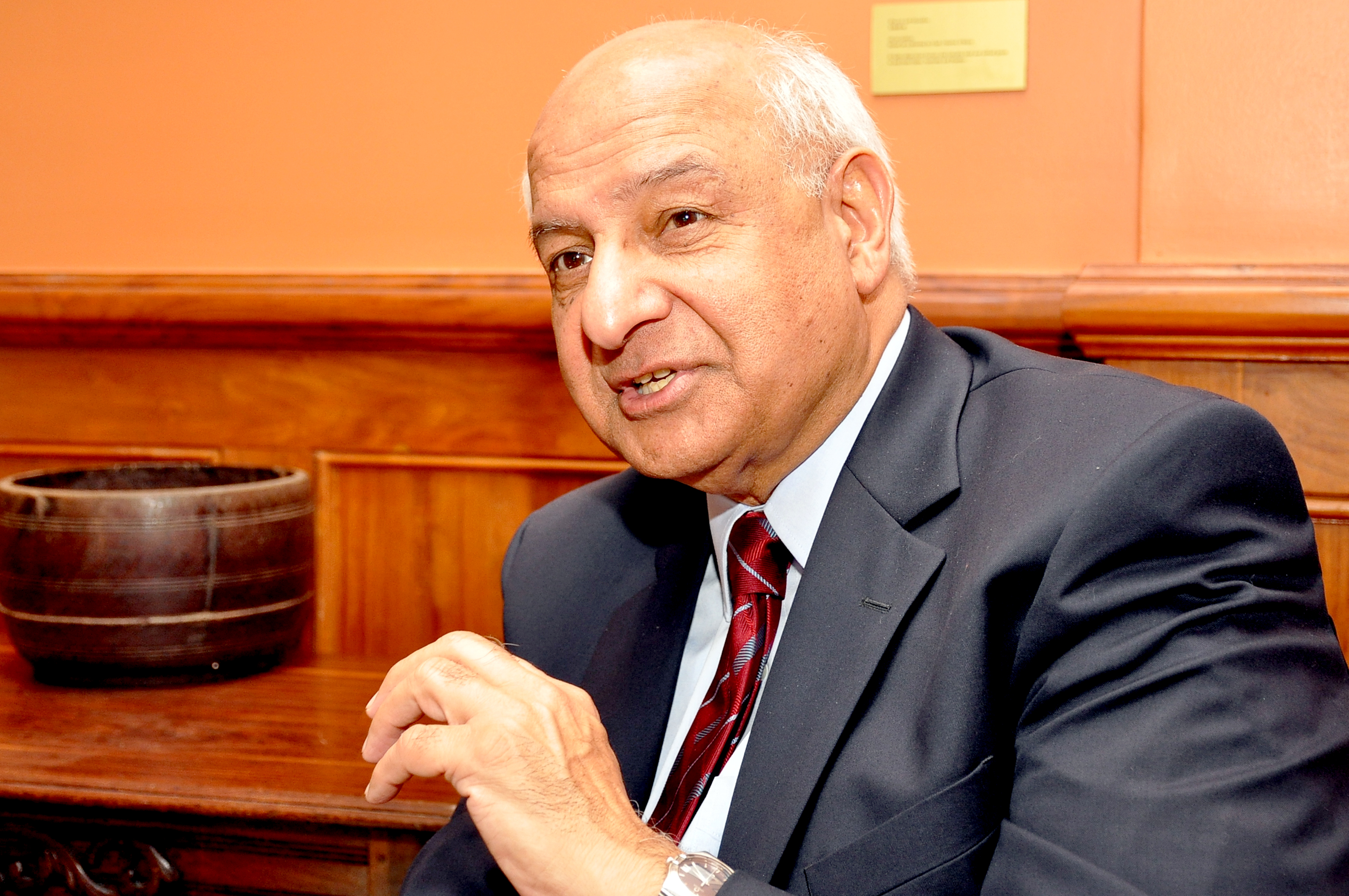Friday Feb 20, 2026
Friday Feb 20, 2026
Monday, 13 February 2017 01:11 - - {{hitsCtrl.values.hits}}
By Charumini de Silva
World-renowned hospitality brand Louvre Hotels Group last week stressed that it was keen on entering the Sri Lankan market by way of a joint venture, banking its confidence on the huge potential the country holds in the tourism industry.
“Sri Lanka has excellent probability to attract a significant share of the two billion potential tourists in the Asian market and we are looking at opportunities to partner with local firms to enter into the industry,” Louvre Hotels Group Managing Director – South Asia  Vimal Singh told the Daily FT.
Vimal Singh told the Daily FT.
Louvre Hotels Group is a major player in the worldwide hotel sector, currently boasting about 1,175 hotels for a total capacity of nearly 10,000 rooms in 51 countries. It features a comprehensive hotel offer ranging from 1 to 5 stars and includes six brands — Premiere Classe, Campanile, Kyriad, Tulip Inn, Golden Tulip et Royal Tulip. Louvre Hotels Group is a subsidiary of Jin Jiang International Holdings Co Ltd., one of China’s largest tourist and travel conglomerates.
Attending the two-day Hotel Investment and Networking Conference (THINC) in Sri Lanka, Singh was overwhelmed by the huge tourism potential the country holds and stressed that they were in discussions with a few local companies to set up a joint venture as an entry point to the market.
 “Within the next few months we hope to announce our plans in Sri Lanka. Primarily we are looking at a joint venture as an entry point, where we want to first create a strong presence in Colombo and move on to resorts in other parts of the island thereafter,” he explained.
“Within the next few months we hope to announce our plans in Sri Lanka. Primarily we are looking at a joint venture as an entry point, where we want to first create a strong presence in Colombo and move on to resorts in other parts of the island thereafter,” he explained.
Being the fifth largest hotel group in the world, the firm is keen on bringing in its global expertise, marketing distribution systems, finance and human resources. As a result he said the local partner in Sri Lanka would benefit with more positive results in its operations.
Louvre Hotels Group observes great potential in Sri Lanka’s hospitality industry as the country expects current tourist arrivals to double by 2020, which would open up opportunities for it to provide right infrastructure for accommodation.
“Sri Lanka has a bright future, with its proximity to two major sources of arrivals from India and China where numbers were as high as 200,000 compared to traditional Western markets,” he added.
While acknowledging that people are open to invest in Sri Lanka, he asserted that the current high interest rates regime was a concern for the investors.
“For those who are keen on building new products, resorts and hotels high interest rates are a concern which would constrain their capital. I think it is something the authorities need to rationalise and I hope it would moderate so we can see more development.”
Singh pointed out that Sri Lanka was missing out a major market as a result of not having a sophisticated conference centre in Colombo, which he suggested should be addressed soon.
“Finding good people is a problem,” he said in a surprising tone, noting that there were many Sri Lankans working in major tourism markets. He suggested that it was time to get them back or open up more hotel training schools to address the issue. He also believes that it is something that the hotel groups need to attend to, especially with internal training and development programs.
Singh said the low leadership roles women play in tourism and hospitality is shifting at a reasonable pace due to awareness and education. “Although female participation is low across the globe, it is now changing. There are a lot of women in marketing and sales. The only downside of working in the hospitality industry is the difficult working hours; otherwise it is a very good working environment.”